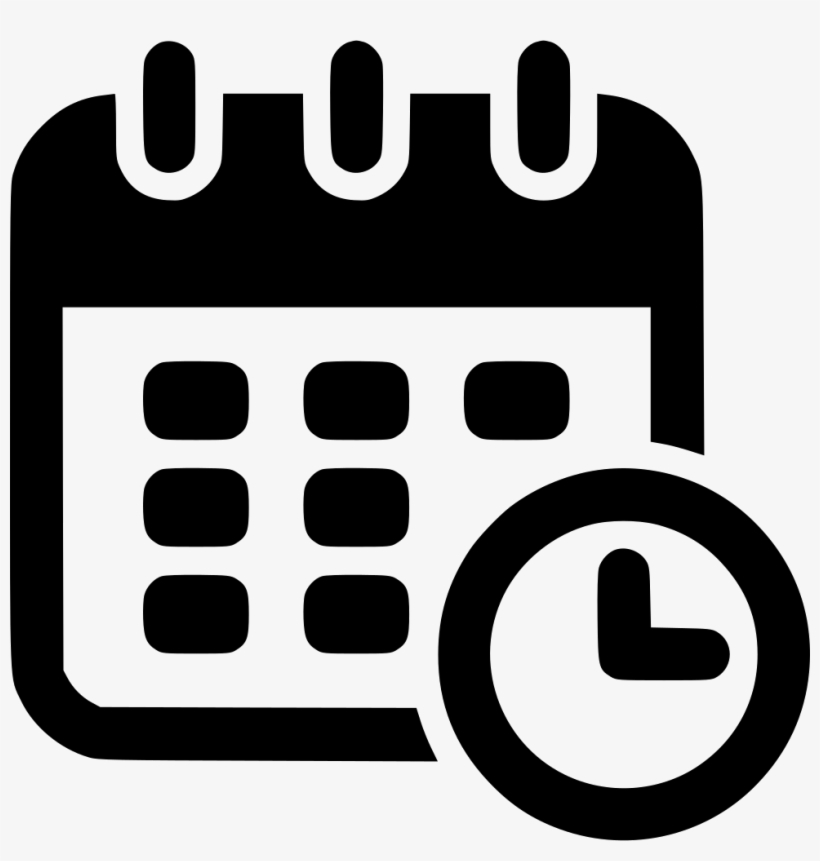 Tweet
Writing Basics
Tweet
Writing Basics
 Amy Clark, Associate Editor
Amy Clark, Associate Editor
 August 2020
August 2020
You are sitting at your computer with the cursor blinking in front of you and you would rather be anywhere else. Even though you have worked hard to get to this point and you are excited to share your research results with your scientific community, you cannot seem to string words together to make sentences. Feelings of self-doubt, futility, panic, and despair creep in and overtake you. The task of writing the research article—or the literature review, the book chapter, the dissertation, the case report, the conference paper, the recommendation letter—seems monumental, such that you consider just quitting altogether. Maybe you are in the wrong field. You should have been a gardener or a chef.
Sound familiar? Writer’s block—the phenomenon of being blocked in the writing process with loss of ability to generate new text—is experienced by most researchers at some point in their career. In fact, it happens to anybody who writes, even novelists and journalists. Although the causes of writer’s block vary across the intersections of our individual psychological, emotional, educational, and physical realms, some common tips and tools can help each of us overcome it.
Tools for breaking free from writer’s block
Read. Spend some time reading for pleasure. Immersing yourself in the flow of written language will help to stimulate your mind for working in the mode of words, sentences, and paragraphs. Also read a few research articles on hot topics you are interested in that are unrelated to your own research field. This will prepare you to organize your thoughts in the genre of research writing without the pressure of taking notes or making comparisons.
Picture your audience. Imagine one ideal reader. Who do you want to read your research and benefit from it? Choose someone collegial who you know will be receptive to your work. Write with that friendly, interested person in mind.
Build your article piece by piece. One trigger of writer’s block is a feeling of being intimidated by the task ahead. In a now classic guide for writers, Bird by Bird, author Anne Lamott relates the childhood story of her father instructing her brother—who was overwhelmed by a term paper on birds—to “Just take it bird by bird, buddy.” The advice is to start with a small, manageable piece. Write that one little part. And then choose another part. Write that part. These parts do not have to proceed sequentially. Sometimes the middle is the easiest place to start.
Talk it out, record, and transcribe. Sometimes it is easier to talk about our subject than it is to write about it. This can be especially true if there is a problem you are trying to work out, such as identifying the three highlights of your research study or describing the significant contributions of your results. Record yourself talking about your research and play it back to transcribe onto the page. You could also call a friend or colleague who is unfamiliar with your study. Describe your research study to that person and record your conversation. This will give you the added benefit of answering their questions, which will help you drill down to add information to the article you might not have considered.
Write a dialogue of notes to yourself while you draft. Writing is a recursive process. We draft and revise, circle back and jump forward, make huge cuts and fine tune. Rarely is our first draft our final draft. Keeping a dialogue of notes and chatter to yourself in the comment bubbles—such as “I might need to add another example here” or “Good sentence. Keep this”—can help keep track of your thinking, assist in moving forward past snags (you have got a note for when you’ll go back), and even ease the weight of the task with some humor.
Use a template. Many journals offer a downloadable template that includes instructions for the style and structure of the article according to the journal’s preferences. Following a template can be helpful for getting past writer’s block because it gives you a place to start beyond the blank page and provides signposts along the way.
Consult lists of terminology and phrases. Sometimes all we need to get unstuck is a little bit of help beginning, or finishing, a sentence. A search online for “useful phrases for scientific writing” turns up a wealth of lists from various sources, including the one from Springer referenced below. If you are not sure how to state the aim of your paper, for example, or maybe you want to vary your sentence style so that you are not always relying on the same phrases to describe your methods, these sorts of lists can be extremely helpful.
Write with others. Feelings of isolation often accompany writer’s block. Writing in an environment where others are also writing, such as a café or a common area of an office space, can provide a healthy change of scene and a stimulating energy. Partnering with a writing buddy or joining a writing group that meets on a regular basis to share and critique work-in-progress can also be constructive and motivating. These writing workshop sessions can take place in person or online via a platform such as Zoom.
Take breaks to do something else. Finally, break up your writing sessions with activities that allow you to be away from your computer. Sometimes our best ideas percolate and problems get worked out when we are not forcing them, when we are walking the dog instead. Then when you return, you will be ready to write the next small piece.
Sources
English for Writing Research Papers: Useful Phrases. Springer. Downloadable pdf.
Lamott, Anne. Bird by Bird: Instructions on Writing and Life. New York: Pantheon Books, 1994.
 Previous Article
Next Article
Previous Article
Next Article 